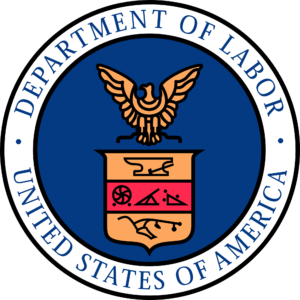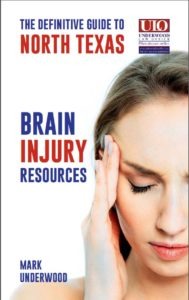
The federal statute known as the Employee Retirement Income Security Act of 1974 (ERISA) includes a variety of provisions meant to reduce the risk of mismanagement in private employer-provided benefit plans. A key element of the federal statute: mandating a claims and appeals process, in which full and fair reviews should be conducted when claims are submitted by plan participants.
Sadly, the reviews offered under ERISA are rarely as full or fair as they should be. After all, the very companies on the hook to make payments are in charge of conducting reviews. This grants them a huge incentive to deny claims.
What Does Full and Fair Actually Mean?
For a free legal consultation, call (972) 535-6377
Employers, insurance providers, and employees may hold radically different opinions regarding the meaning of ‘full and fair.’ Even the federal government’s stance has evolved over time. Recently, for example, the Department of Labor amended its claims procedure regulations for ERISA-covered plans. Under the new guidelines, impartiality must be ensured for those making benefit decisions. If claims are to be denied, thorough discussions must be held examining the grounds for said denials.
How Can I Ensure a Fair Review?
Your chances of securing the full and fair review that ERISA mandates are far greater if you have a strong legal advocate in your corner. Your attorney can put the pressure on, while also taking advantage of the new evidence provision included in the Department of Labor’s claims procedure amendment. When the stakes are this high, there is no substitute for strong and strategic legal representation.
Click to contact our personal injury lawyers today
If you are currently dealing with a claim denial, it is worth your while to seek proactive legal representation. Your attorney can play a vital role in the appeals process. Reach out today to learn more about our services — and to discover how we can help.
Call or text (972) 535-6377 or complete a Free Case Evaluation form





